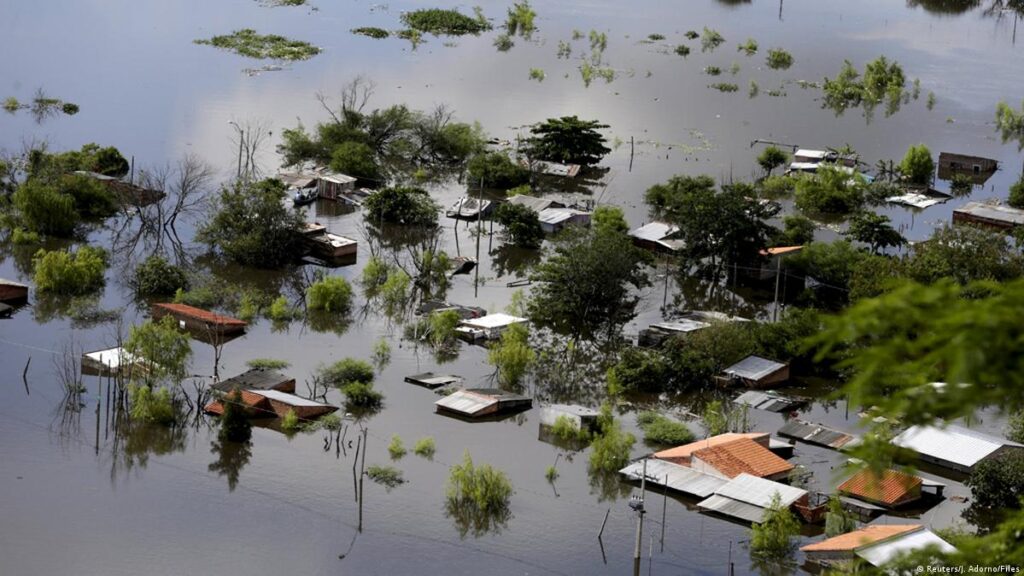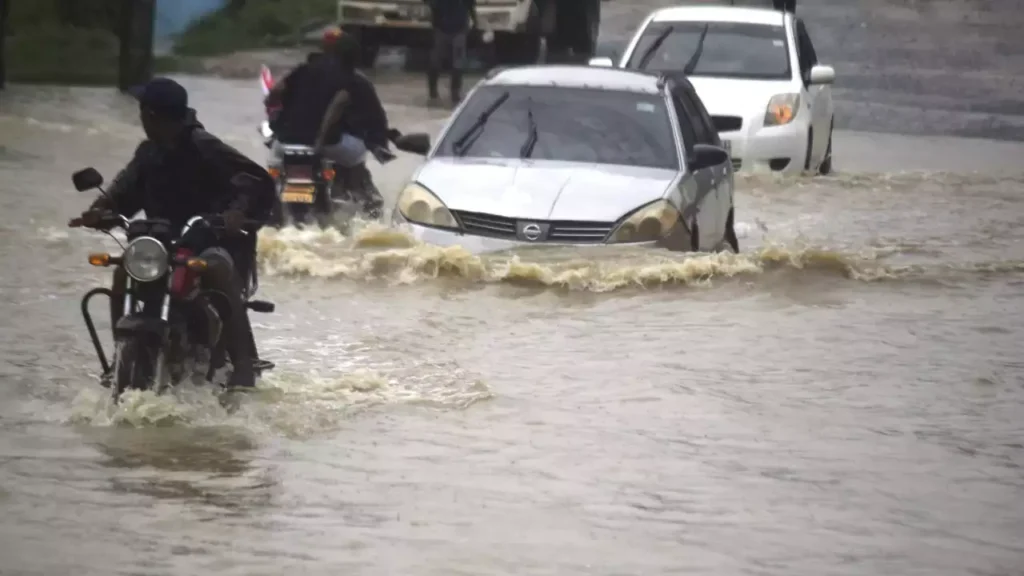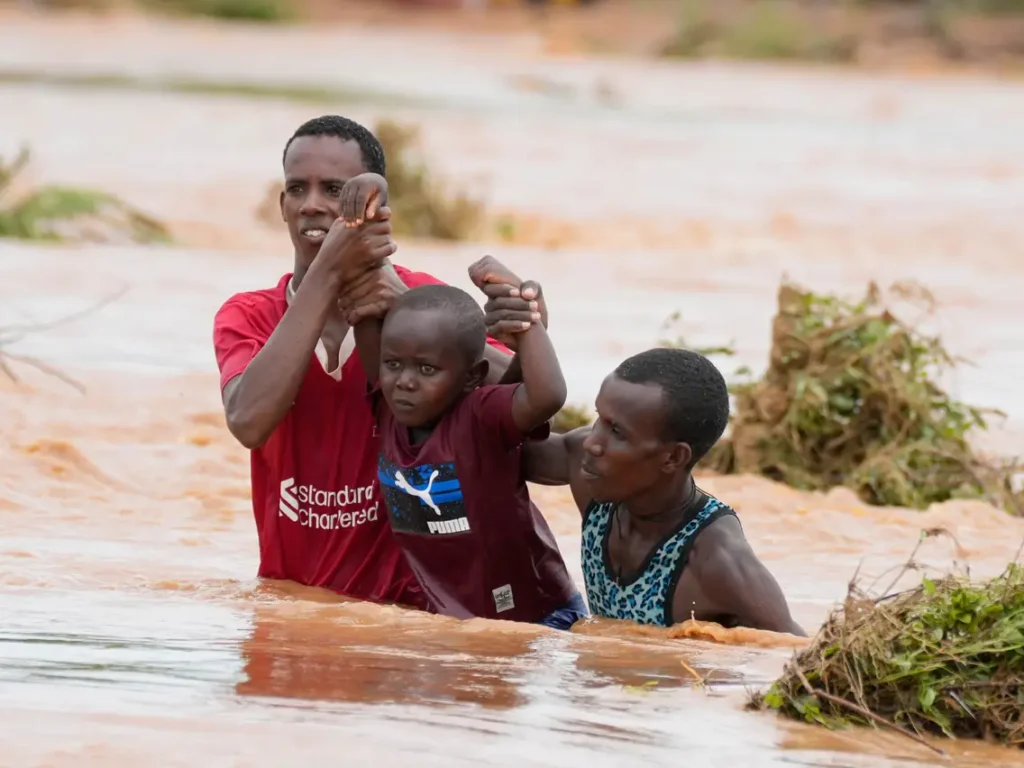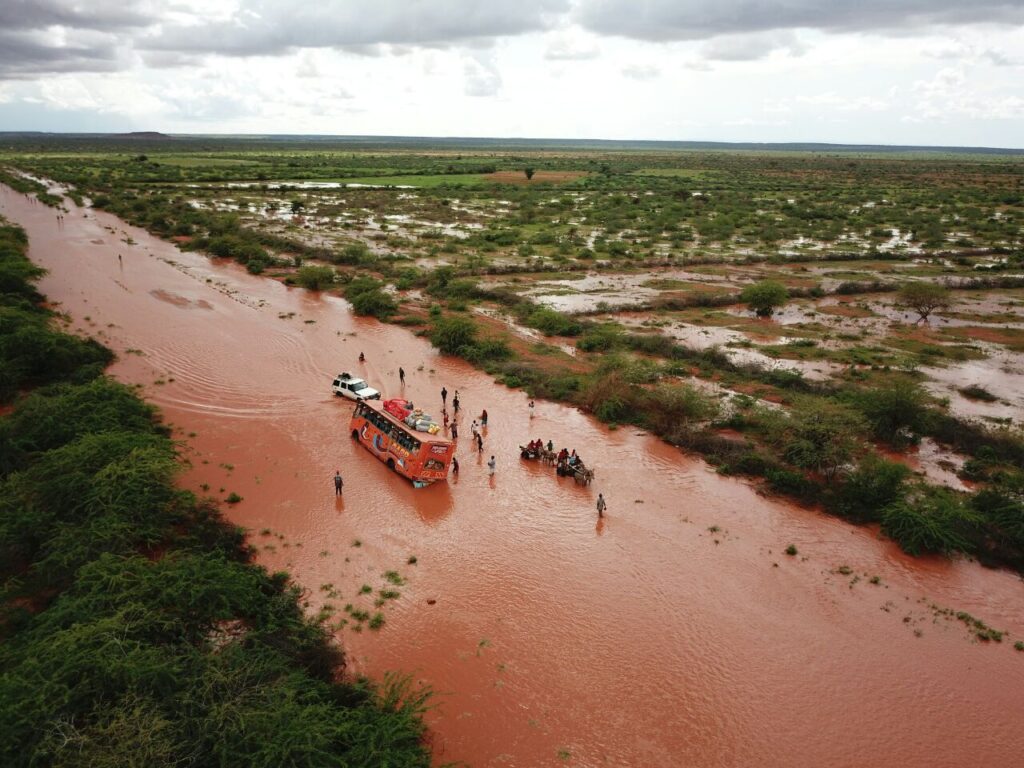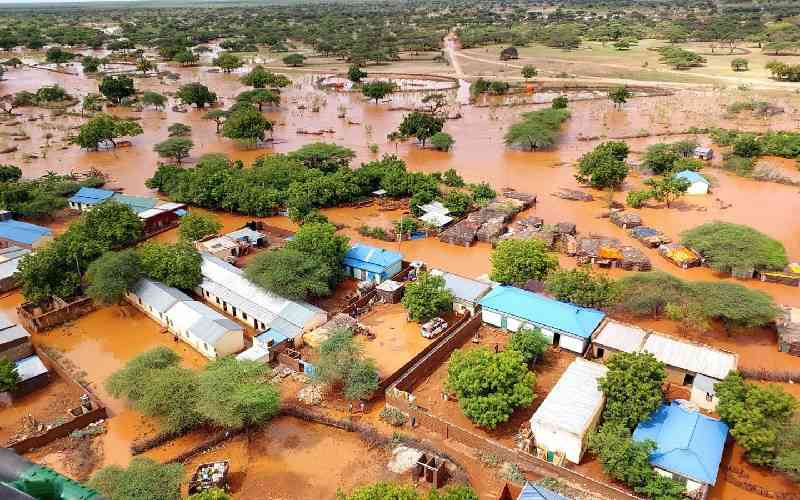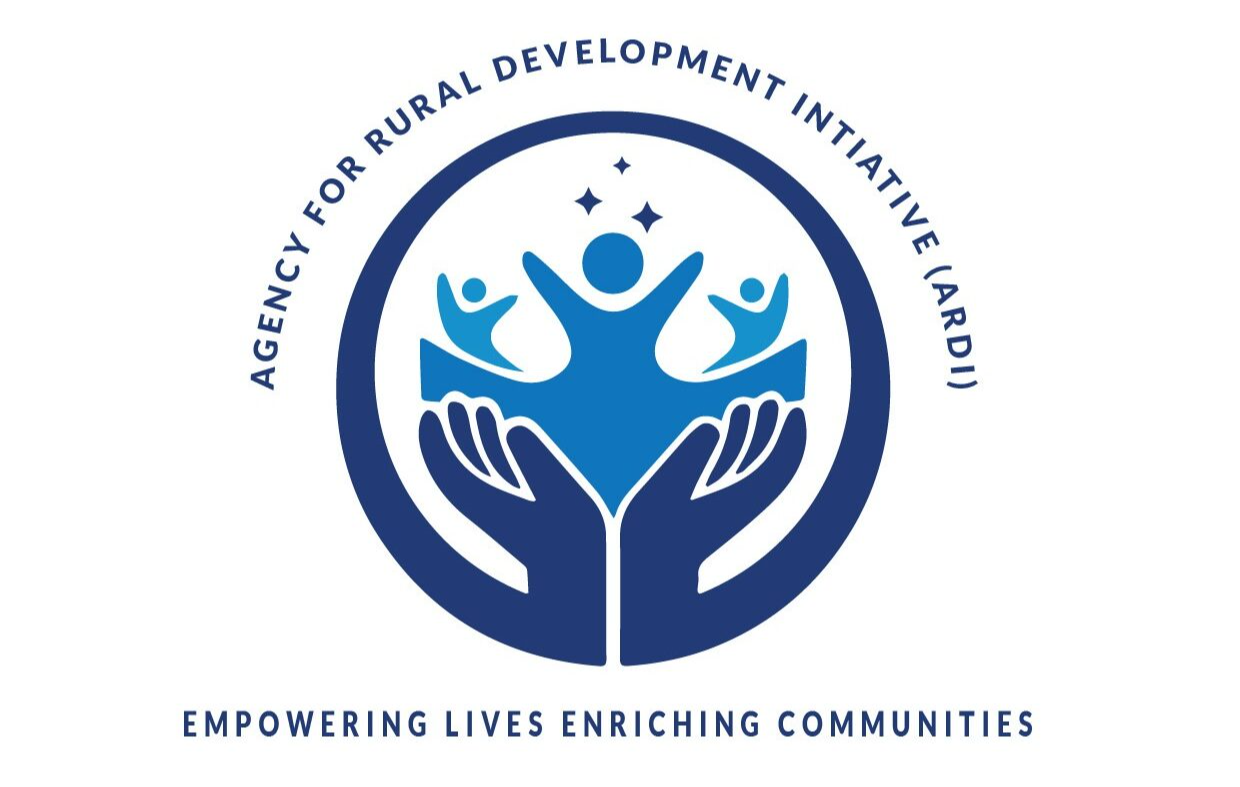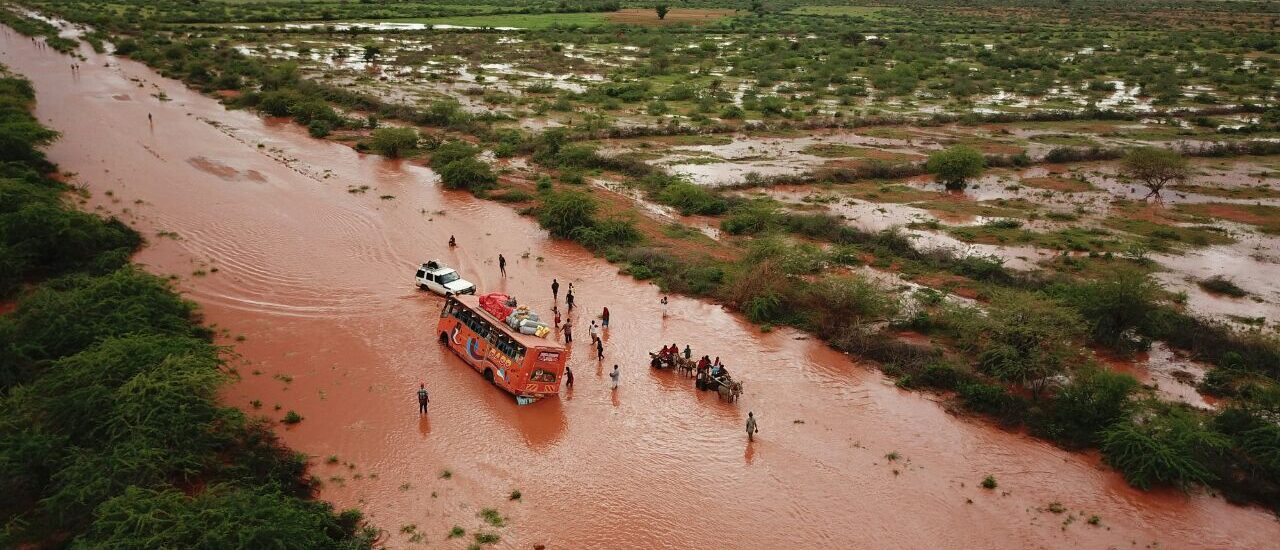The Northeast region is currently dealing with a growing humanitarian crisis as El Nino rains continue to hit, devastating communities and exacerbating already fragile resources. The incessant rains have caused disasters including flooding, landslides and food shortages, leaving thousands in desperate need of assistance This crisis highlights the urgent need for concerted humanitarian efforts to mitigate the impact under and to emphasize the need for assistance to the affected people.
The extent of the problem:
An El Nino phenomenon characterized by warmer than average sea surface temperatures in the Pacific wreaked havoc on weather worldwide In the northeast it brought prolonged periods of heavy rain, swollen rivers, landslides and floods devastating entire communities and infrastructure which was passed
Communities Affected: Many areas in the Northeast region are bearing the brunt of El Nino-induced rainfall. Homes have been destroyed, displacing families and facing harsh weather conditions. Agricultural land was submerged and crops and livelihoods were lost. Access to safe water has become a major concern, with contaminated water sources responsible for outbreaks of water-borne diseases, further compounding the problem
Social impact: Agriculture, which is an important source of income for many people in this area, has faced major setbacks. Crops were destroyed by floods and livestock carried away by floods, leaving farmers without the means to feed themselves and their families.
Humanitarian Response: The severity of the situation demands swift and effective humanitarian response. Local and international organizations, along with government agencies, are mobilizing resources to provide emergency relief. This includes the distribution of food and clean water, the establishment of temporary shelters, and medical assistance to address the growing health risks. Coordination between these entities is crucial to ensure a comprehensive and targeted response to the diverse needs of the affected population.
Challenges Faced: The humanitarian response is not without its challenges. The difficult terrain, compounded by damaged infrastructure, poses logistical hurdles in reaching remote areas. Additionally, the sheer scale of the crisis requires significant financial resources, and there is an urgent need for increased international assistance to bolster the ongoing relief efforts.
Preventing Future Crises: In the long term, addressing the recurring impact of El Niño on the North Eastern region requires a comprehensive strategy. This includes investments in resilient infrastructure, early warning systems, and sustainable agricultural practices that can withstand the changing climate patterns. International cooperation and climate change mitigation efforts are also essential to prevent similar crises from occurring in the future.
Conclusion: As the humanitarian crisis in the North Eastern region intensifies, it is imperative that the global community comes together to provide immediate relief and support long-term solutions. The people affected by the El Niño-induced rains are enduring immense suffering, and a coordinated, compassionate response is crucial to alleviate their plight and build resilience for the challenges that lie ahead.
